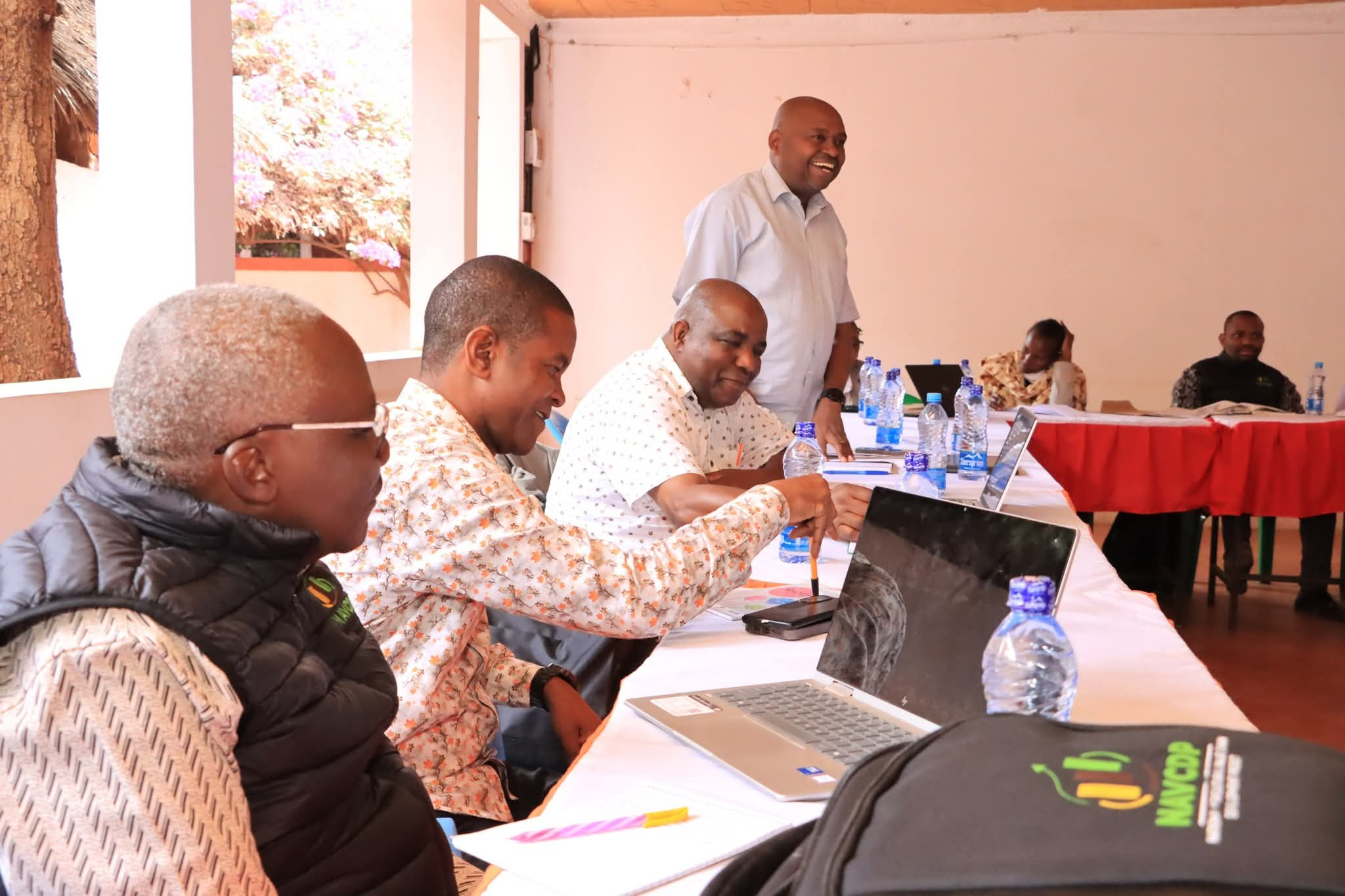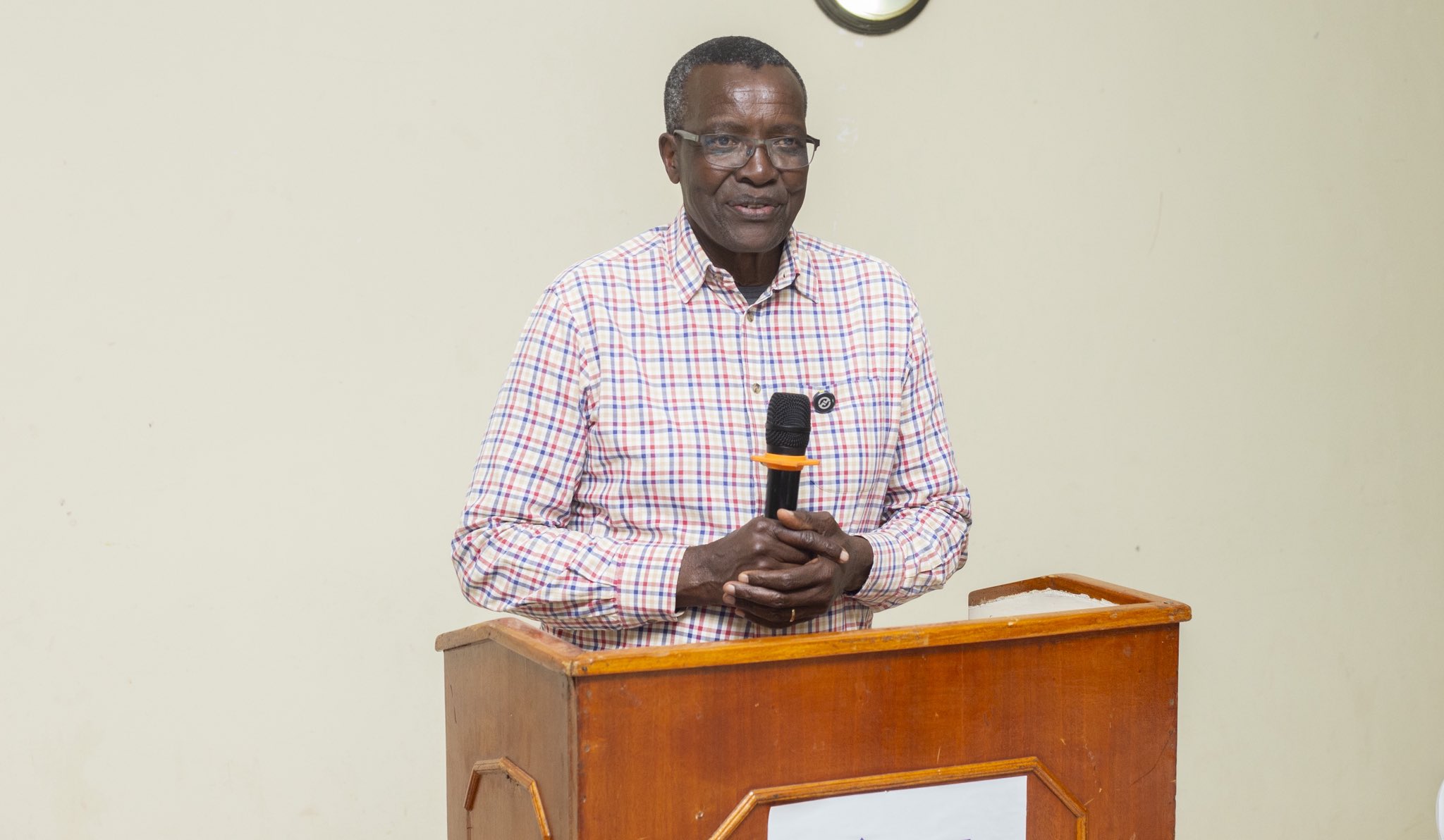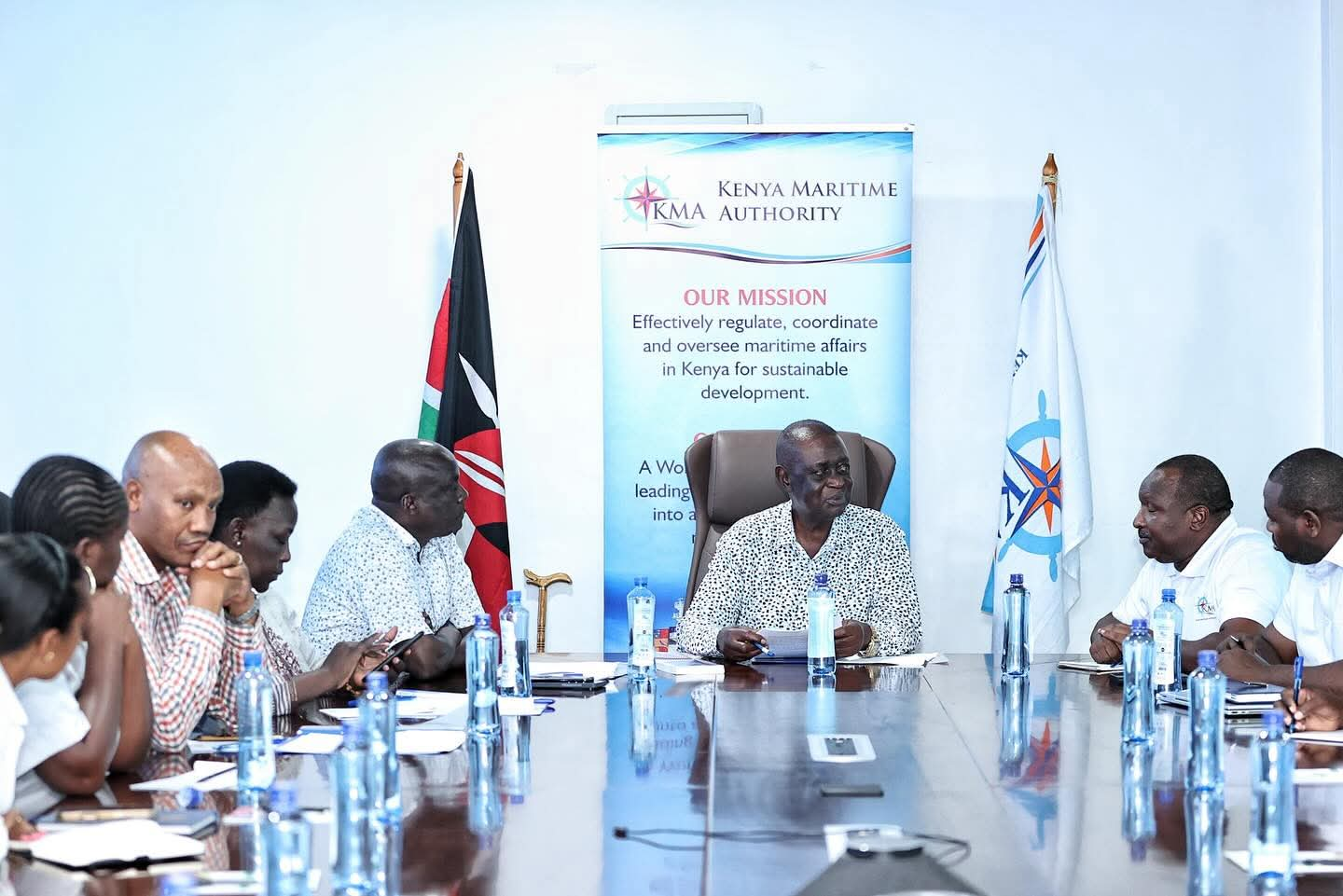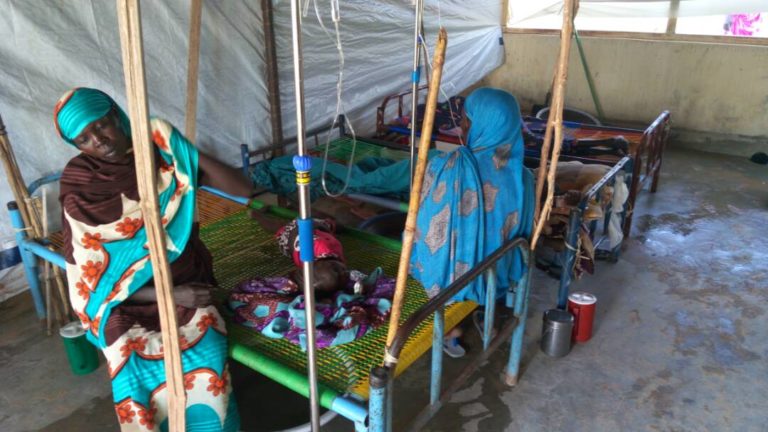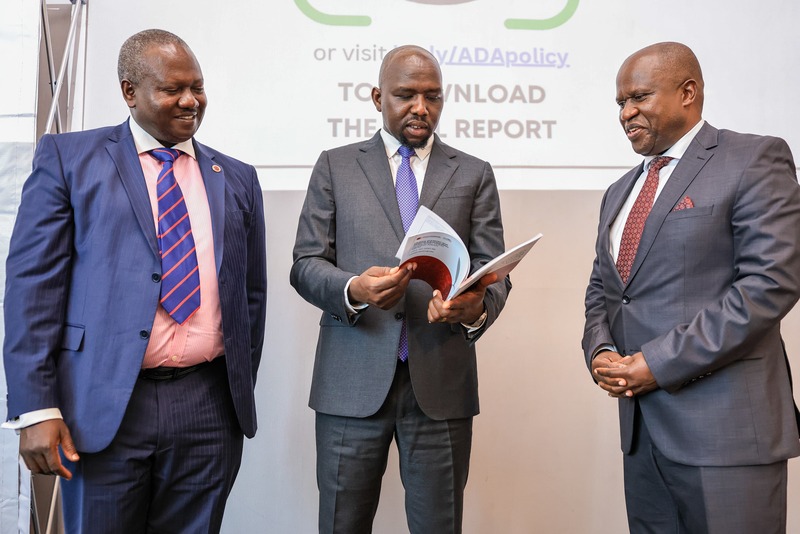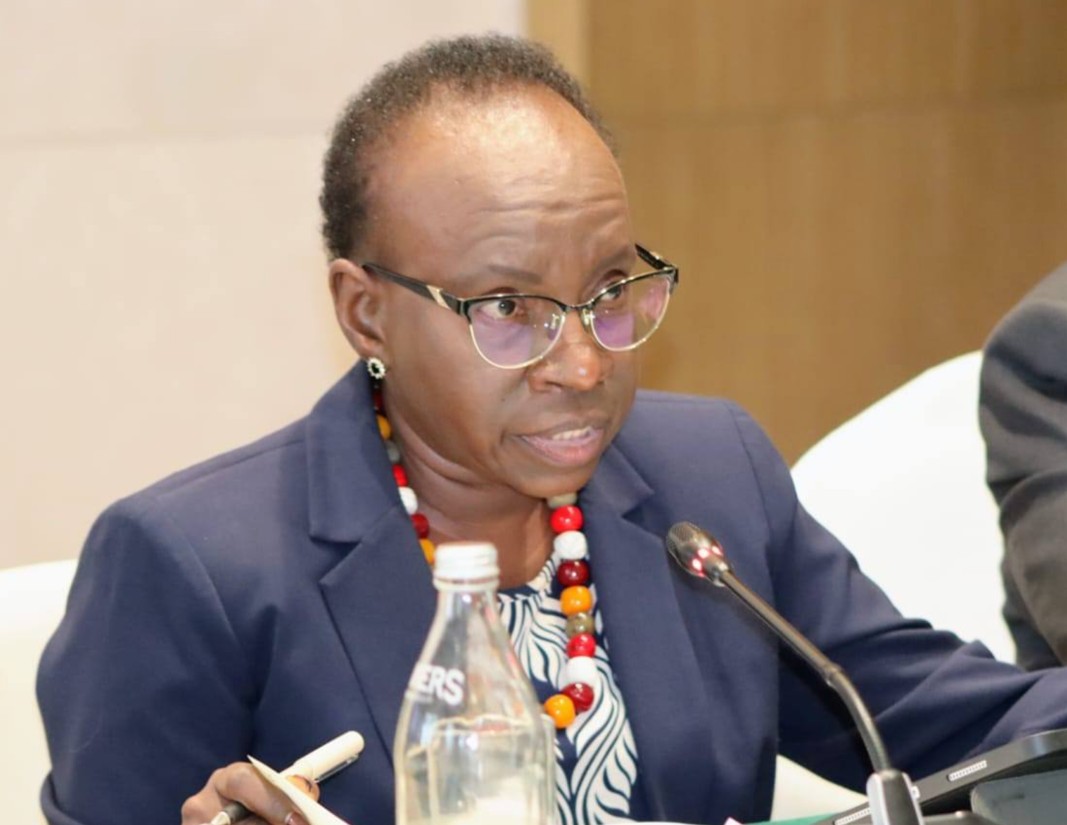Sh438 million water agency loan default piles pressure on taxpayers eight years on, Auditor General warns
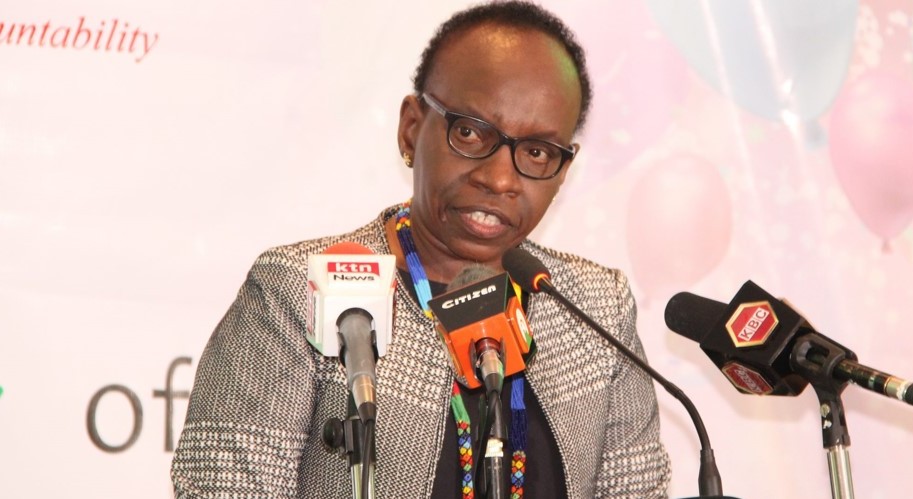
Auditor General Nancy Gathungu, in her audit report for the financial year ending June 2024, disclosed that the authority, tasked with overseeing the regulation and use of Kenya’s water resources, has not paid any instalment since the loan fell due in March 2017.
More than eight years after securing a Sh438 million loan from the World Bank’s concessional lending agency, the Water Resources Authority (WRA) is yet to make a single repayment, triggering interest and penalties that are now piling pressure on taxpayers.
Auditor General Nancy Gathungu, in her audit report for the financial year ending June 2024, disclosed that the authority, tasked with overseeing the regulation and use of Kenya’s water resources, has not paid any instalment since the loan fell due in March 2017.
More To Read
- World Bank withholds Sh96.93 billion loan to Kenya over delayed reforms
- World Bank unveils Sh16.5 billion initiative to empower Kenya’s vulnerable groups
- World Bank assures Kenya’s debt sustainable if properly managed
- World Bank downgrades Kenya's GDP growth to 4.5 per cent in June projection
- World Bank delays Sh96.9 billion loan to Kenya over anti-corruption law standoff
- World Bank flags wasteful spending on public servants’ travel allowances
“The loan has been outstanding for a considerable period of time, and the authority has not started repaying the loan,” Gathungu said.
According to the audit, the current outstanding principal is Sh90.7 million, but interest and penalties have escalated to Sh75.7 million. Of this, Sh74.8 million is interest accrued and Sh906,531 is attributed to penalties for non-payment.
Gathungu warned that the penalty, compounded at two per cent annually on the outstanding balance, would keep rising if repayment delays persist.
“The delay in repaying the loan will result in accruing more interest and penalties to the authority due to compounding of penalty at two per cent per annum of the outstanding balance as per the loan agreement,” she said.
The loan, initially contracted under the Natural Resources Management (NRM) Project in 2007, was extended to WRA’s predecessor, the Water Resources Management Authority. It was aimed at strengthening Kenya’s management of water and forest resources, particularly in mitigating droughts, floods and other shocks in river catchment areas.
Despite its 10-year repayment window ending in 2017, no repayment has been made more than eight years later.
The Treasury, which lent the funds to WRA, is now expected to absorb the default on behalf of the authority. As WRA does not generate its own revenue, its loan obligations are catered for in the national budget.
The audit further revealed that between June 2023 and June 2024 alone, the loan’s interest and penalties increased by Sh10 million, from Sh65.6 million to Sh75.7 million, due to continued non-payment.
The WRA case forms part of a larger problem involving other State agencies and corporations. The National Treasury indicated that as of June 2024, State corporations had defaulted on loans amounting to Sh266 billion, forcing the Exchequer to step in using taxpayers’ money.
The Auditor General also flagged several financial and operational weaknesses within WRA.
She cited long-outstanding receivables amounting to Sh2.23 billion, most of which, about Sh2.13 billion or 86 per cent, have remained unpaid for over two years. The provision for bad debts was also deemed inadequate.
“In the circumstances, the accuracy and recoverability of the receivables from exchange transactions balance of Sh2,235,457,701 could not be confirmed,” Gathungu said.
She further questioned the valuation of the Authority’s assets, noting that the reported Sh242 million value for property, plant and equipment included Sh58.8 million worth of land and buildings, which have never been valued due to a lack of ownership documents.
“Accuracy and completeness of property, plant and equipment amounting to Sh242,026,921 could not be confirmed,” she said.
The Auditor General also raised concerns about understaffing at the authority. Although the approved staff establishment stands at 1,173 employees, the audit showed only 643 staff are currently employed, translating to a shortfall of 530 workers, 45 per cent below capacity.
“In the circumstances, effective and efficient management of the Authority’s mandate to the stakeholders could not be confirmed,” she added.
Top Stories Today


